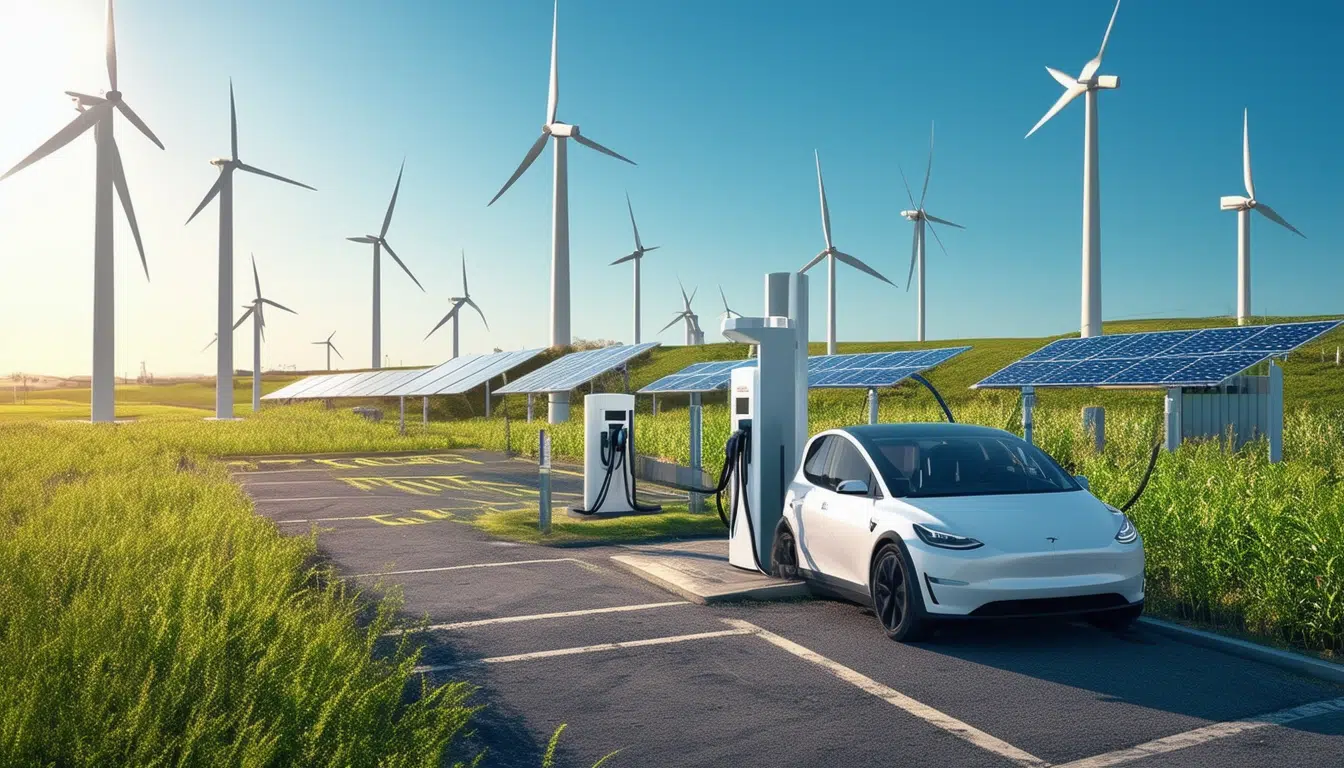Alternatives to fuel to reduce costs

In a world where fuel costs continue to rise, it is essential to explore sustainable alternatives that not only promote economic efficiency but also minimize environmental impact. The search for alternative fuels has become crucial for businesses and individuals looking to reduce their operating expenses. From sources such as biodiesel and electricity to the use of innovative technologies, there are multiple options that can help achieve a balance between savings and sustainability. The adoption of these alternatives can significantly transform the economy of users, in addition to contributing to a greener future.
Currently, it is fundamental to seek fuel alternatives that are not only more economical but also contribute to environmental sustainability. Businesses and individuals can significantly benefit by adopting cleaner and more sustainable energy sources. This article explores various options to reduce fuel costs through the use of alternative fuels.
Biodiesel: a sustainable solution
Biodiesel has established itself as one of the main alternatives for reducing energy expenditure. These fuels are produced from biomass, such as vegetable oils or organic waste, and their use can considerably decrease the consumption of fossil fuels. Additionally, biodiesel tends to be more economical in certain regions, making it a viable option for transportation companies and individuals.
Benefits of biodiesel
The use of biodiesel can help companies reduce their fuel costs while also decreasing greenhouse gas emissions. This not only improves the company’s image before the public but also contributes to a more circular and sustainable economy. On the other hand, using biodiesel may lead to less dependence on volatile oil prices.
Natural gas: an economical alternative
Natural gas is another option that has been gaining popularity in both the transportation sector and energy generation. This fuel is not only cheaper than liquid fuels but also has a lower environmental impact compared to diesel or gasoline.
Benefits of natural gas
Switching to vehicles powered by natural gas allows companies to significantly reduce their operating expenses. Natural gas vehicles also tend to experience less wear and tear than conventional fuel vehicles, resulting in lower maintenance costs. Additionally, many governments offer incentives for the adoption of this alternative, which can lead to additional savings.
Electricity: the future of transportation
Electricity has positioned itself as one of the fuels of the future. With the increasing availability of electric vehicles and an expanding charging infrastructure, more and more companies are adopting this option to reduce their operating costs and carbon footprint.
Impact of electric vehicles
Electric vehicles are not only more economical regarding operating costs, due to the reduced need for maintenance and lower electricity prices compared to conventional fuels, but they also offer tax benefits in many countries. As technology advances, it is likely that electric vehicles will become an even more attractive option.
Hydrogen: an emerging option
Hydrogen as an energy source is emerging as an intriguing alternative. Hydrogen vehicles have the ability to provide high autonomy and are particularly attractive for long distances. Although still in development, hydrogen has the potential to change the dynamics of energy consumption.
Advantages of hydrogen
The use of hydrogen for transportation can greatly reduce long-term costs, especially as progress is made toward more efficient hydrogen production technologies. Additionally, hydrogen production can be achieved through renewable sources, making this option one of the most sustainable on the market.
Additional measures to improve energy efficiency
Beyond selecting a type of alternative fuel, companies can implement additional measures to maximize their savings. Keeping vehicles in optimal condition, practicing efficient driving, and planning smart routes are strategies that can complement energy alternatives.
In conclusion, the adoption of alternative fuels and the implementation of efficiency strategies not only contribute to cost reduction but also to the creation of a more sustainable future. By choosing the right options, both businesses and individuals can make a significant contribution towards protecting the environment and optimizing their financial resources.
In the constant search for methods to reduce costs, fuel alternatives play a fundamental role. These options not only contribute to the economy of the business but also offer a more sustainable and environmentally responsible approach. With rising prices of traditional fuels, companies must explore new tools to optimize their operating expenses while adopting more eco-friendly practices.
Natural gas, biodiesel, and electricity are just some of the alternatives that are gaining popularity. For example, compressed natural gas (CNG) is a more economic option than diesel, resulting in significant savings for vehicle fleets. Additionally, biodiesel made from waste offers a dual solution: cost-effectiveness and reduced emissions of polluting gases.
Electric mobility is another booming alternative. Electric vehicles are not only more economical in terms of fuel but also require less maintenance and incur lower long-term operating costs. However, the key to maximizing these alternatives lies in proper planning and staff training, aspects that are directly related to operational efficiency and sustainability.
By adopting innovative technologies and promoting the use of alternative fuels, companies can not only adjust their budgets but also contribute to the conservation of the planet. It is also crucial for organizations to evaluate their options and consider long-term investments that ensure significant savings in fuels. This way, they guarantee not only the economic viability of operations but also a commitment to a cleaner and more sustainable future.




